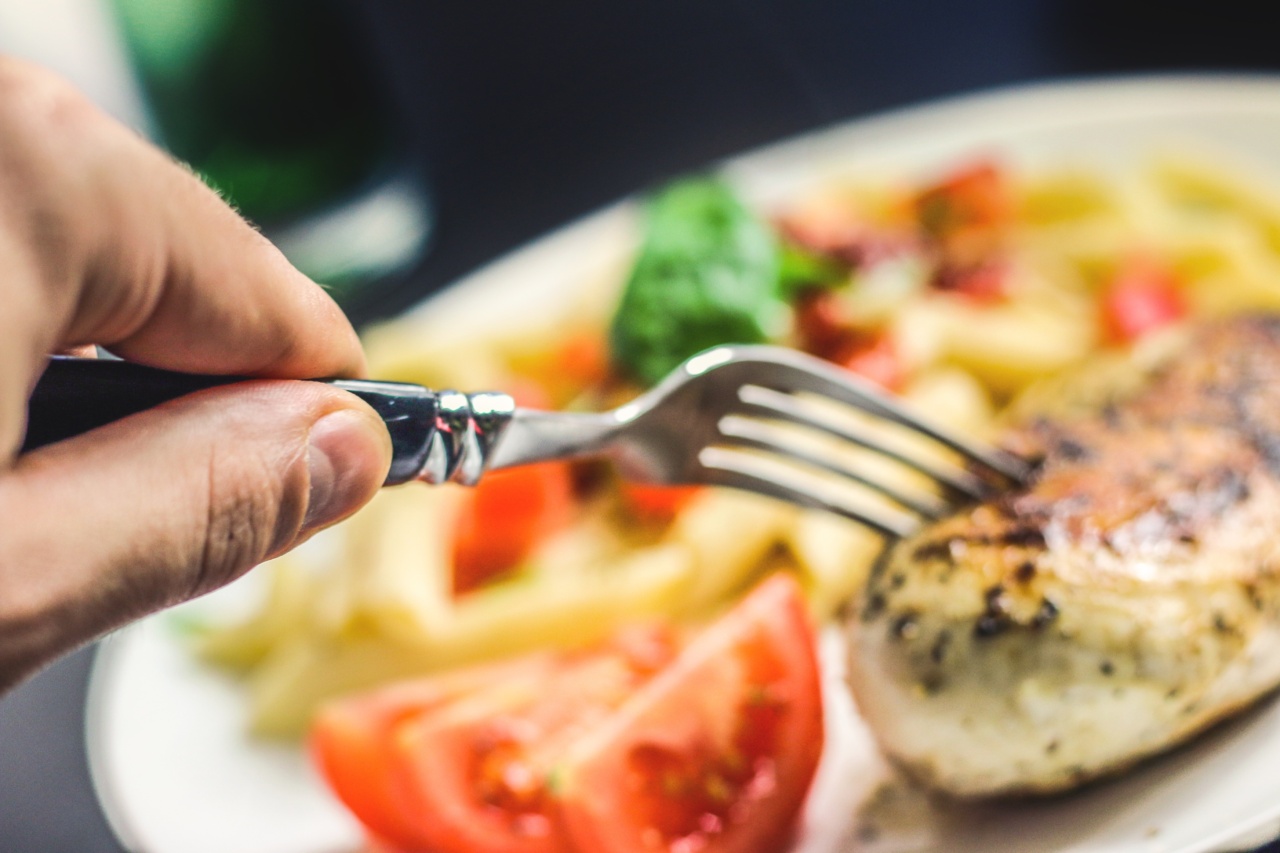Many people eat not because they are hungry, but out of other emotions. Some people do it because they are sad, stressed, bored, or anxious. Others do it because it has become a habit.
Regardless of the reason, eating without hunger can lead to unwanted weight gain, which can be difficult to lose. In this article, we will explore the psychology behind eating without hunger, and how to break the cycle.
The Role of Emotions in Eating without Hunger
Emotions can have a significant impact on our eating habits. Some people turn to food when they experience negative emotions like sadness, loneliness, or anxiety. This behavior is known as emotional eating.
People who experience emotional eating may be trying to self-soothe, hoping that food will provide comfort or distract them from negative emotions. However, this type of eating is often driven by craving comfort foods, such as those high in sugar, salt or fat, which can lead to unwanted weight gain or health problems.
On the other hand, some people may use food as a reward for positive emotions. For example, they may celebrate a promotion by indulging in their favorite foods. This behavior is known as reward eating.
While this behavior is not always problematic, if the reward becomes a regular habit, it can also lead to weight gain.
The Role of Habits in Eating without Hunger
Another common reason people eat without hunger is out of habit. We may eat because it’s “time” to eat, or because we always snack while watching TV.
This type of behavior is often driven by environmental cues, such as the sight or smell of food, which triggers our brain to eat even when we are not actually hungry. While these cues can be difficult to break, they can be overcome with intentional practice and awareness.
The Consequences of Eating without Hunger
Eating without hunger can have many negative consequences. It can lead to unwanted weight gain or health problems, such as diabetes and heart disease.
Additionally, relying on food to manage emotions can be ineffective and unhelpful in the long term, as it can create a cycle of emotional eating and exacerbate negative emotions. Eating out of habit can also lead to mindless eating, which can cause us to overeat and not even realize it.
Breaking the Cycle of Eating without Hunger
Breaking the cycle of eating without hunger can be challenging, but it is possible with the right approach. Here are some strategies that can help:.
1. Recognize the Triggers
The first step to breaking the cycle is to recognize the triggers that lead to eating without hunger. This can be done by observing thoughts, emotions, and behaviors that lead to eating. Once these are identified, they will be easier to manage.
2. Find Alternative Coping Mechanisms
Once the triggers have been identified, it’s time to find alternative coping mechanisms. For example, instead of turning to food when feeling sad, try talking to a friend or going for a walk.
Alternatively, practicing mindfulness can help improve emotional regulation and reduce the need for food as a coping mechanism.
3. Plan Meals and Snacks
Another way to break the cycle of eating without hunger is to plan meals and snacks in advance. This can help prevent mindless snacking and overeating. When planning meals, focus on whole foods that are low in sugar, salt and fat.
This will ensure that the body is getting the nutrients it needs and reduce the craving for unhealthy foods.
4. Practice Mindful Eating
Mindful eating is the practice of paying attention to the food we eat, being present in the moment, and eating slowly. This can help prevent overeating and mindless snacking.
When eating, take time to savor the food, and pay attention to the tastes, textures, and smells.
5. Seek Professional Help
If eating without hunger has become a persistent issue, it may be helpful to seek professional help.
A licensed therapist or registered dietitian can help develop a personalized plan to break the cycle and address the underlying emotional or behavioral issues that contribute to the behavior.
The Bottom Line
Eating without hunger is a common issue that can have many negative consequences. Understanding the psychology behind the behavior can be helpful in avoiding it.
By recognizing triggers, finding alternative coping mechanisms, planning meals and snacks, practicing mindful eating, and seeking professional help when necessary, it is possible to break the cycle and develop healthy eating habits.





























